To enroll in the (M.Tech.) Master of Technology in Electronics and Telecommunications Engineering, you can follow these steps: apply for Admission, submit the required documents, and potentially meet additional criteria.
Admission in M.Tech. in Electronics and Telecommunications Engineering
If you're passionate about electronics, telecommunications, and cutting-edge technology, pursuing a Master of Technology (M.Tech.) in Electronics and Telecommunications Engineering can be an excellent choice. In this guide, we will explore the admission process, eligibility criteria, entrance exams, top colleges, course details, fees, and preparation tips for M.Tech. in Electronics and Telecommunications Engineering.
Admission Process
The admission process for M.Tech. programs in Electronics and Telecommunications Engineering typically involve the following steps:
-
Entrance Examinations: Many universities and colleges require candidates to appear for entrance examinations. The Graduate Aptitude Test in Engineering (GATE) is one of the most widely recognized entrance exams for M.Tech. programs. These exams assess a candidate's knowledge and aptitude in various engineering subjects.
-
Application Procedure: Begin the admission process by visiting the official website of your desired university or institution. Accurately complete the application form and submit it before the specified deadline. Make sure to include all required documents, such as academic transcripts, certificates, and standardized test scores.
-
Eligibility Criteria: Typically, candidates are required to hold a bachelor's degree in engineering or a related field with a minimum aggregate of 50% marks. Meeting the eligibility criteria is crucial, so ensure you have the necessary academic qualifications before applying.
-
Merit-Based Admission: While some institutions admit students based on their performance in entrance exams like GATE, others may offer merit-based admission, considering the candidate's undergraduate academic record.
-
Counselling and Admission: Successful candidates, based on their exam scores, can participate in the counselling round. After verification, the university or college will release the list of admitted students.
Top Colleges Offering M.Tech. in Electronics and Telecommunications Engineering
Selecting the right institution is essential for your M.Tech. journey. Here are some of the top Indian colleges and universities known for their M.Tech. programs in Electronics and Telecommunications Engineering:
1. Indian Institutes of Technology (IITs)
- Locations: IIT Delhi, IIT Kharagpur, IIT Bombay, and more.
- Program: M.Tech. in Electronics and Telecommunications Engineering.
- IITs are renowned worldwide for their engineering programs, faculty expertise, and research opportunities.
2. National Institutes of Technology (NITs)
- Locations: NIT Trichy, NIT Warangal, NIT Surathkal, and more.
- Program: M.Tech. in Electronics and Telecommunications Engineering.
- NITs offer excellent technical education, modern laboratories, and research facilities in this field.
3. Jadavpur University
- Location: Kolkata, West Bengal.
- Program: M.Tech. in Electronics and Telecommunications Engineering.
- Jadavpur University is known for its strong academic curriculum and contributions to electronics and telecommunications engineering research.
4. Vellore Institute of Technology (VIT)
- Location: Vellore, Tamil Nadu.
- Program: M.Tech. in Electronics and Telecommunications Engineering.
- VIT is a reputed institution known for its focus on emerging technologies and modern electronics and telecommunications labs.
5. College of Engineering Pune (COEP)
- Location: Pune, Maharashtra.
- Program: M.Tech. in Electronics and Telecommunications Engineering.
- COEP has a rich history and is known for its quality engineering education.
M.Tech. programs in Electronics and Telecommunications Engineering Course Details
An M.Tech. program in Electronics and Telecommunications Engineering typically spans two years and covers a range of specialized courses. Here are some common subjects and topics you might study during your program:
-
Digital Communication Systems: Explore the principles and technologies behind digital communication systems, including modulation techniques and error correction.
-
Microwave Engineering: Study high-frequency electromagnetic waves and their applications in telecommunications, radar, and more.
-
Optical Communication: Learn about optical fibre communication systems, laser technology, and photonic devices.
-
Wireless Communication: Gain insights into wireless communication technologies, including cellular networks, wireless LANs, and emerging wireless technologies.
-
VLSI (Very Large Scale Integration) Design: Explore VLSI design methodologies and techniques for integrated circuit design.
M.Tech. programs in Electronics and Telecommunications Engineering Course Fees
The cost of pursuing an M.Tech. in Electronics and Telecommunications Engineering can vary based on factors such as the type of institution (public or private) and its reputation. On average, course fees in Indian institutions generally range from INR 40,000 to INR 2.5 lakh per annum. However, fees may vary significantly among specific Indian institutions, so it's important to consider your budget when selecting a program and institution.
How to Prepare for Entrance Exams
Success in the entrance exam is crucial for securing admission to a top M.Tech. program. Here are some effective preparation tips:
-
Understand the Syllabus: Thoroughly review the syllabus for the entrance exam to ensure you cover all the required topics.
-
Select Study Materials: Choose study materials, textbooks, and online resources that align with the exam syllabus.
-
Start Early: Initiate your preparation well in advance to cover the syllabus comprehensively and allow time for revision.
-
Practice with Mock Tests: Take advantage of mock tests and previous years' question papers to assess your readiness and improve your time management skills.
-
Seek Guidance: Consider enrolling in coaching classes or seeking guidance from experienced mentors or professors to enhance your preparation.
Pursuing an M.Tech. in Electronics and Telecommunications Engineering opens doors to exciting career opportunities in various industries, including telecommunications, electronics manufacturing, and research and development. By understanding the admission process, exploring top colleges, considering course fees, and preparing effectively for entrance exams, aspiring M.Tech. students can embark on a rewarding academic journey in this dynamic field.
 2 Years
2 Years
 Post Graduate
Post Graduate
 Engineering
Engineering
 Full Time
Full Time


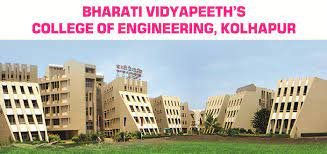


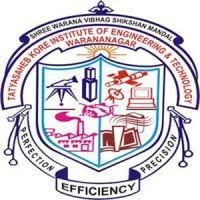

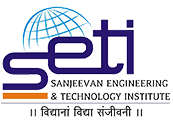



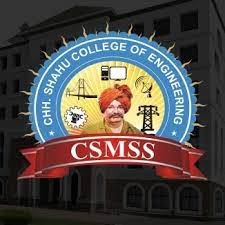

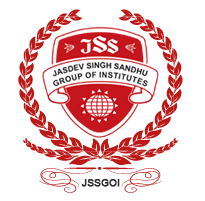



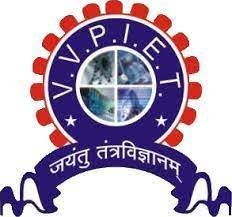

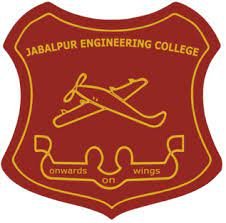

 back
back

